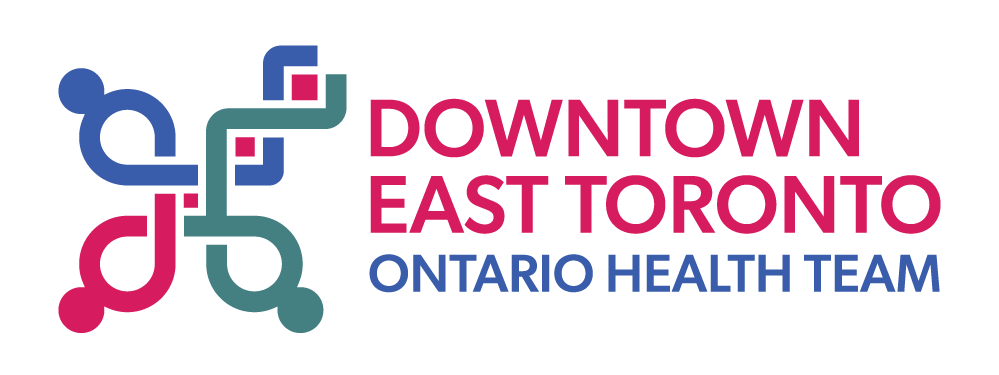Precarious housing is a mounting crisis in the city, and recently declared an emergency by the Toronto City Council. People experiencing under housing and deep poverty also have difficulties in navigating and accessing social services, such as housing and income support, which directly affect their health.
One in five patients who visits the Emergency Department (ED) at St. Michael’s Hospital is precariously housed. In an effort to support patients with challenges beyond health, the community partners and members of the Community Advisory Council of the Downtown East Toronto Ontario Health Team (DET OHT) have developed the Emergency Department Outreach Worker Program.
With the aim of helping patients facing unstable housing situations achieve stability and long-term support, this program assigns a dedicated outreach worker to each individual in need. The outreach worker’s role includes securing housing, ensuring access to meals, finding sustainable sources of income, and, if required, providing legal assistance. Presently, the program has one outreach worker on staff.
Over the past year, the St. Michael’s ED cared for over 4,500 precariously housed individuals, with 15 per cent seeking refuge simply due to the lack of available shelter options. Dr. Carolyn Snider, Chief of the St. Michael’s ED and Co-Chair of the program, and her team noticed the exacerbating effects of unstable housing on these patients. They identified that receiving acute care alone will not resolve the trauma resulting from social barriers.
The St. Michael’s ED outreach worker caters to the short- and long-term needs of these patients. They stay connected with the patients even after they leave the hospital to provide sustainable care, including access to primary health care and mental health and addictions support.
“By assisting people with healthcare navigation in tandem with community social service referrals, we have seen some profound outcomes and improved healthcare access for people experiencing homelessness in Toronto,” says Lp Pavey, St. Michael’s ED outreach worker in the program.
Since its establishment in June 2021, the program has provided care to over 260 patients, of which 51 per cent were facilitated with housing, 32 per cent with mental healthcare, and 19 per cent with addictions and substance use care.
Some of the patients/clients who have benefitted from the program were experiencing housing instability for several years.
“This is the first time I have had privacy, housing – my own space,” says one of the program clients, whose identity we agreed not to publish to protect their privacy.
“It has been shelters and couch surfing for 6 years. This is the first time I have something to call my own. That is a big thing for me and I owe it to this program.”
The program is also part of the DET OHT’s Digital Shared Care System pilot project, where a health information custodian (HIC), such as St. Michael’s Hospital, and a non-HIC like Fred Victor, can collect and share mutual client/patient information in a safe and timely manner that adheres to all privacy legislation. This digital tool and our outreach worker’s efforts are together helping to support coordinated care.
At present, Carolyn and her team are evaluating the impact of this program in collaboration with the patients/clients, partners with lived experience, and staff. They aim to study in detail the impact of this program on care pathways for people experiencing unstable housing and understand the scope of the sustainability plan.

Leave a Reply